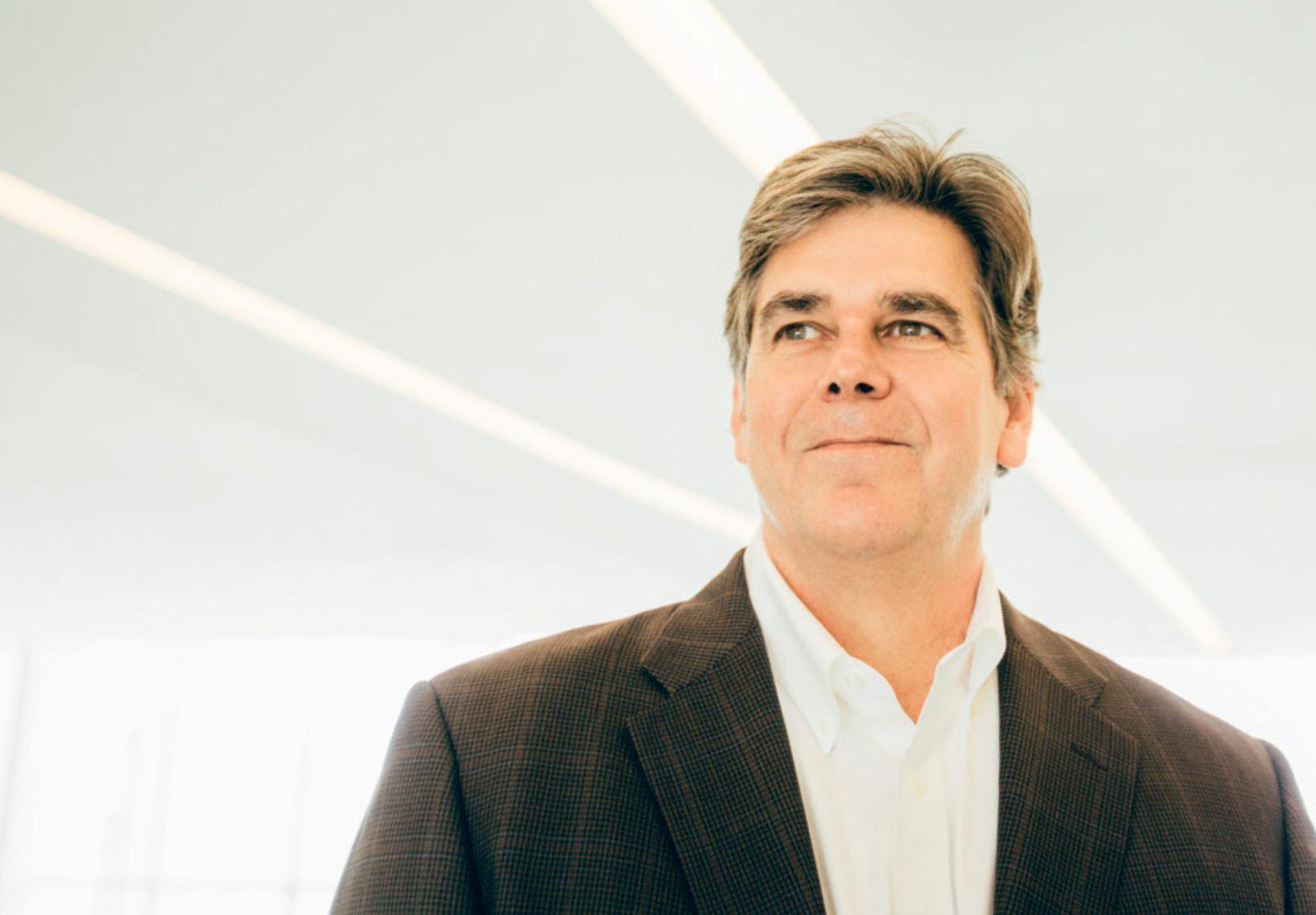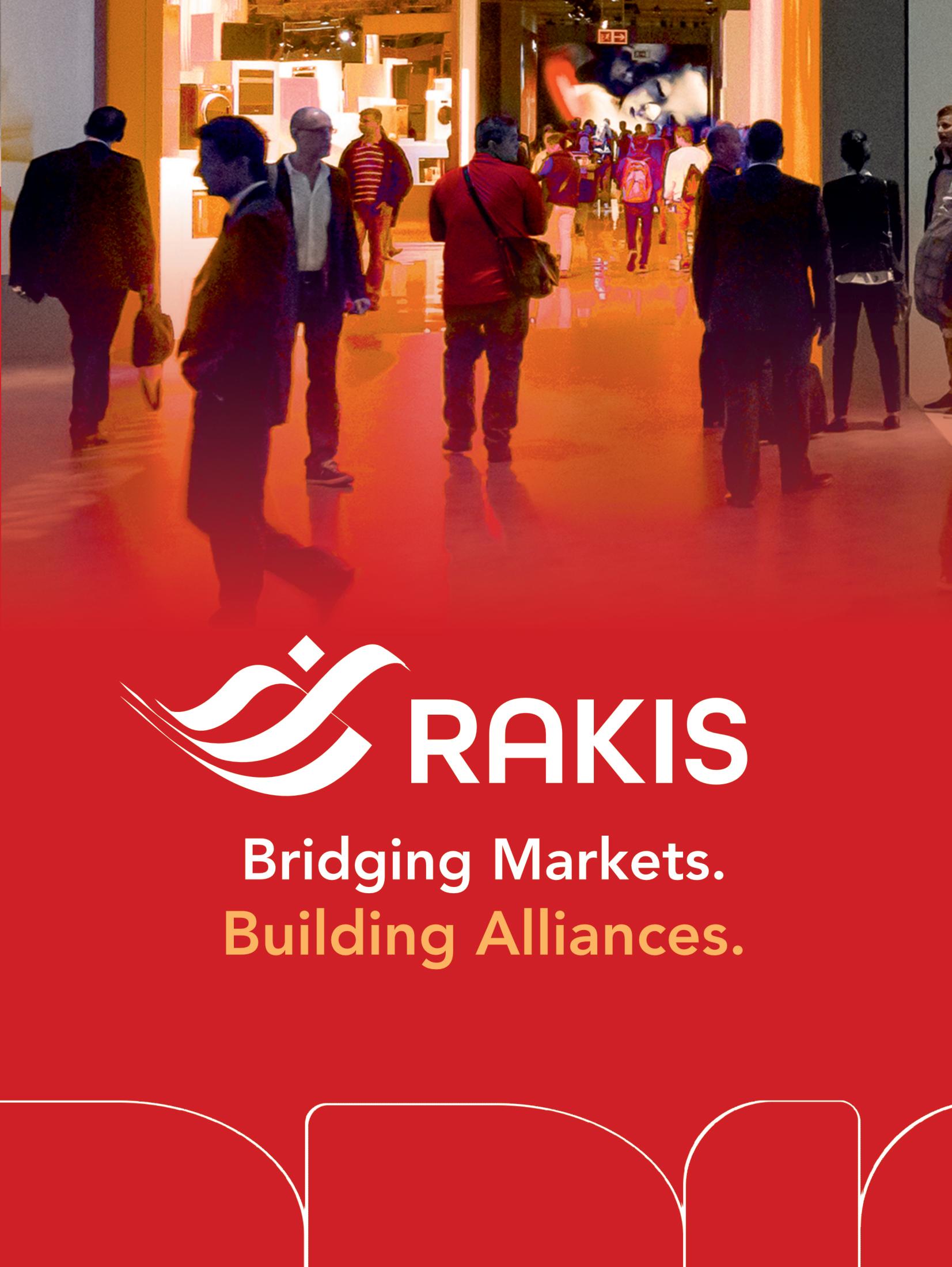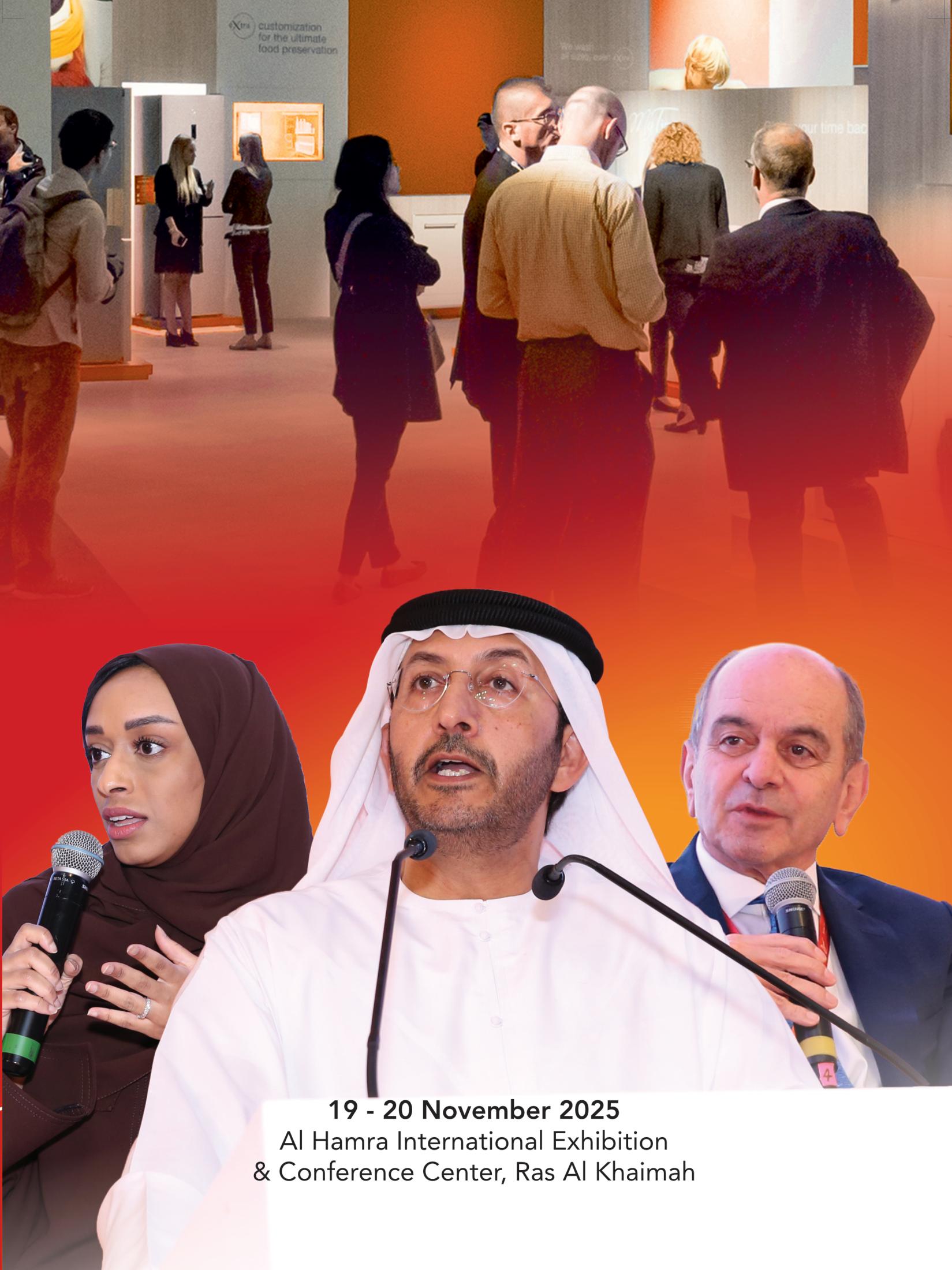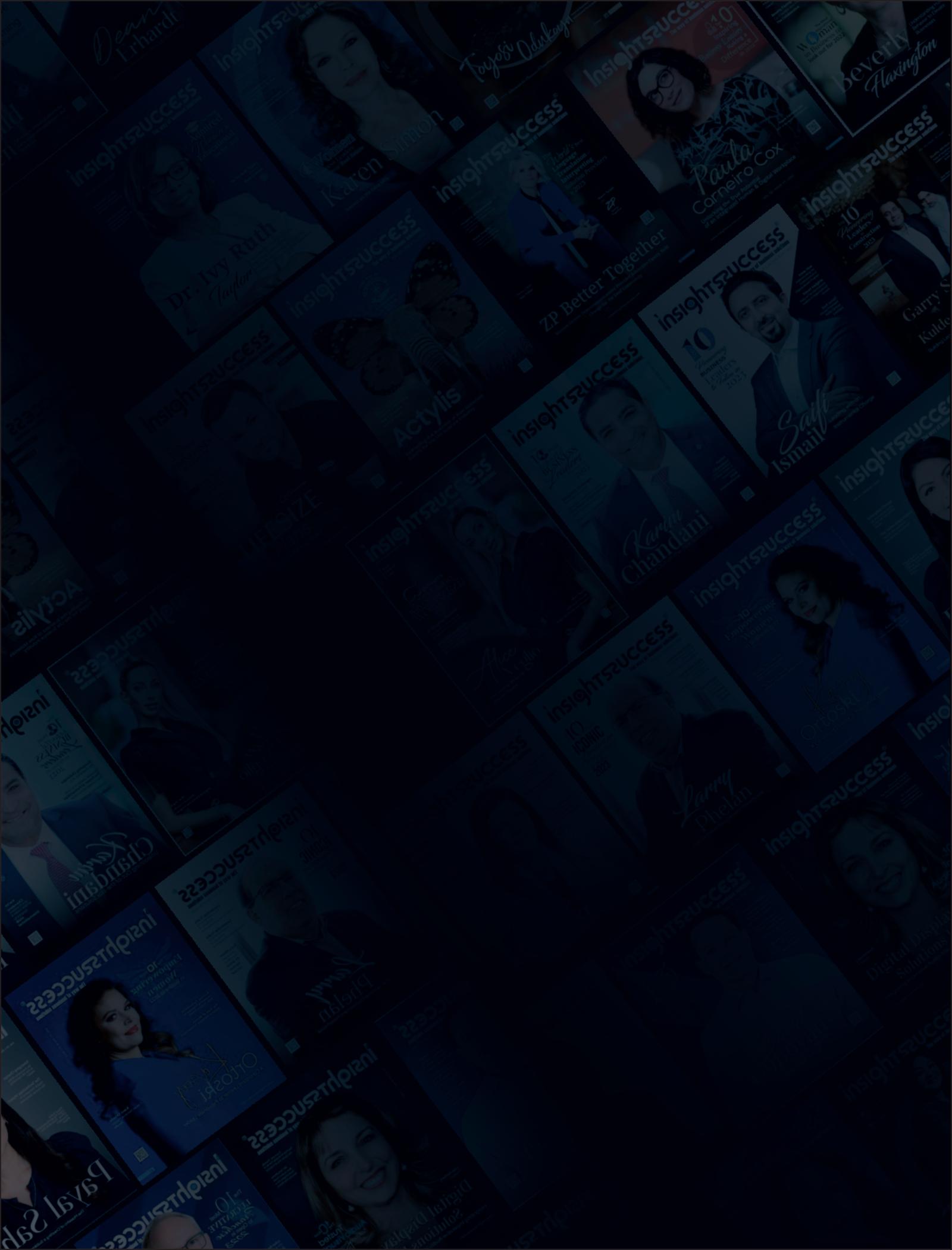

LARSON RICHARD LARSON



Editor’s
Richard C. Larson’s Endowment of Knowledge and Innovation
Visionary educators not only shape students’ minds but also influence the broader
trajectory of society By moving beyond conventional teaching methods, they encourage curiosity, critical thinking, and innovation while addressing practical challenges. Through interdisciplinary approaches, advanced technologies, and inclusive education,theyempowerlearnerstoachievetheirpotentialandbecomeresponsible,resilient leaders.Theirimpactextendsbeyondacademics,astheymentorandinspiregenerations.One suchtransformativeeducatorisRichardLarson,whoseinnovativeresearchandcommitment toeducationhavesignificantlyadvancedthefield.
Insights Success in its exclusive feature Legacy of Logic and Innovation: Honoring Dr. Queue–RichardC.LarsonhighlightsLarson’sprofoundimpactonMIToverfivedecades. His enduring contributions have been solidified through the creation of the Distinguished Professorship in Data, Systems, and Society, announced by the MIT Institute for Data, Systems, and Society (IDSS). This endowed chair reflects Larson’s lifelong dedication to interdisciplinary research and addressing complex challenges at the intersection of data, systems, and societal well-being. The first appointee, Professor Sasha Rakhlin, a renowned expert in machine learning and statistical theory, exemplifies the innovative spirit of IDSS. Having served across five MITdepartments, Larson’s extensive career culminated in IDSS, where his work in operations research, public systems, and education policy continues to inspirethenextgenerationofscholars.
Hisendowmentgoesbeyondphilanthropy,servingasaplatformtosupportfutureleaderswho tackle complex challenges through integrative thinking. Larson’s influence spans research, mentorship, and educational initiatives such as MIT BLOSSOMS and his book Model ThinkingforEverydayLife.Theendowedchairembodieshisconvictionthatacademicrigor andsocietalcontributionareintertwined,ensuringthathisvisionwillcontinuetoguideand inspirefuturegenerationsatMIT
Haveagreatreadahead!

PrestonBannister
Strengthening Students
Innova�ve Digital Learning Systems for Modern Educa�on
Technology Adoption
Pioneering EdTech Solu�ons for Modern Classrooms
Sustaining a Legacy of Logic and Innovation:
Richard Larson’s
Endowment for Data, Systems and Society
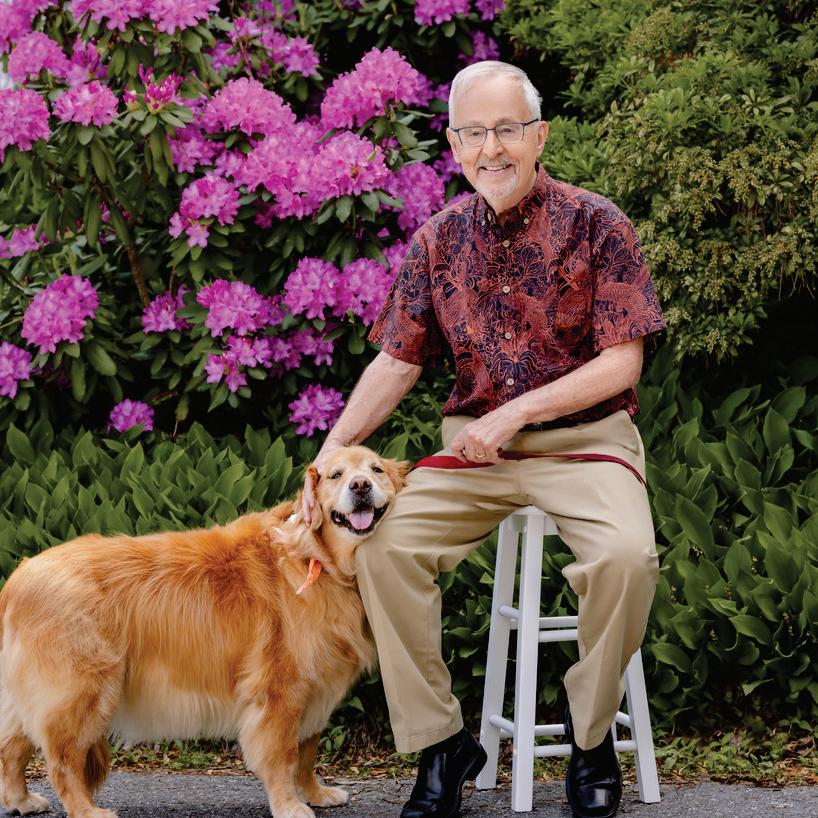



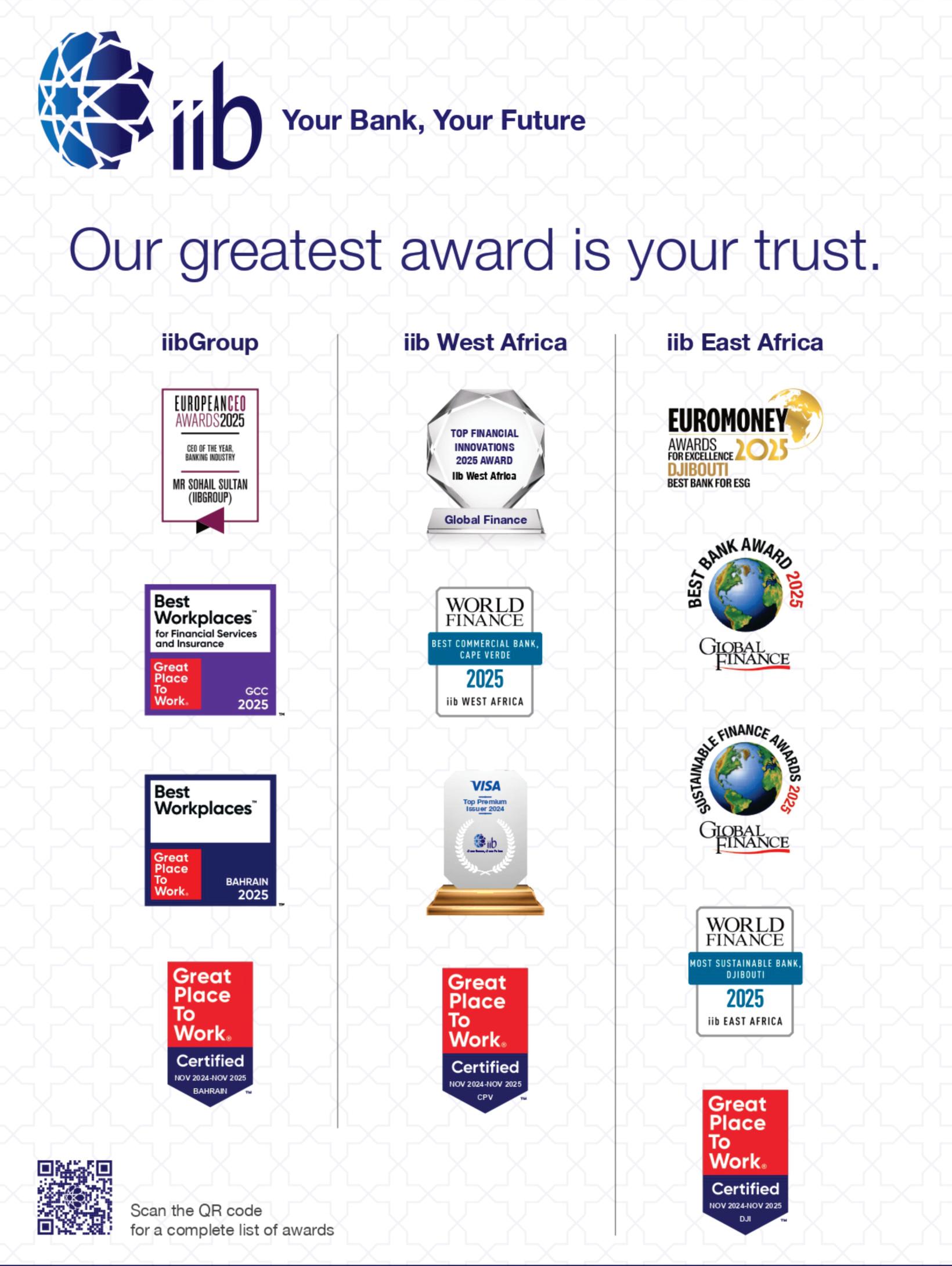


Legacy of Logic and Innovation: Honoring Dr. Queue – Richard C. Larson
Sustaining a Legacy of Logic and Innovation:
Richard Larson’s
Endowment for Data, Systems and Society

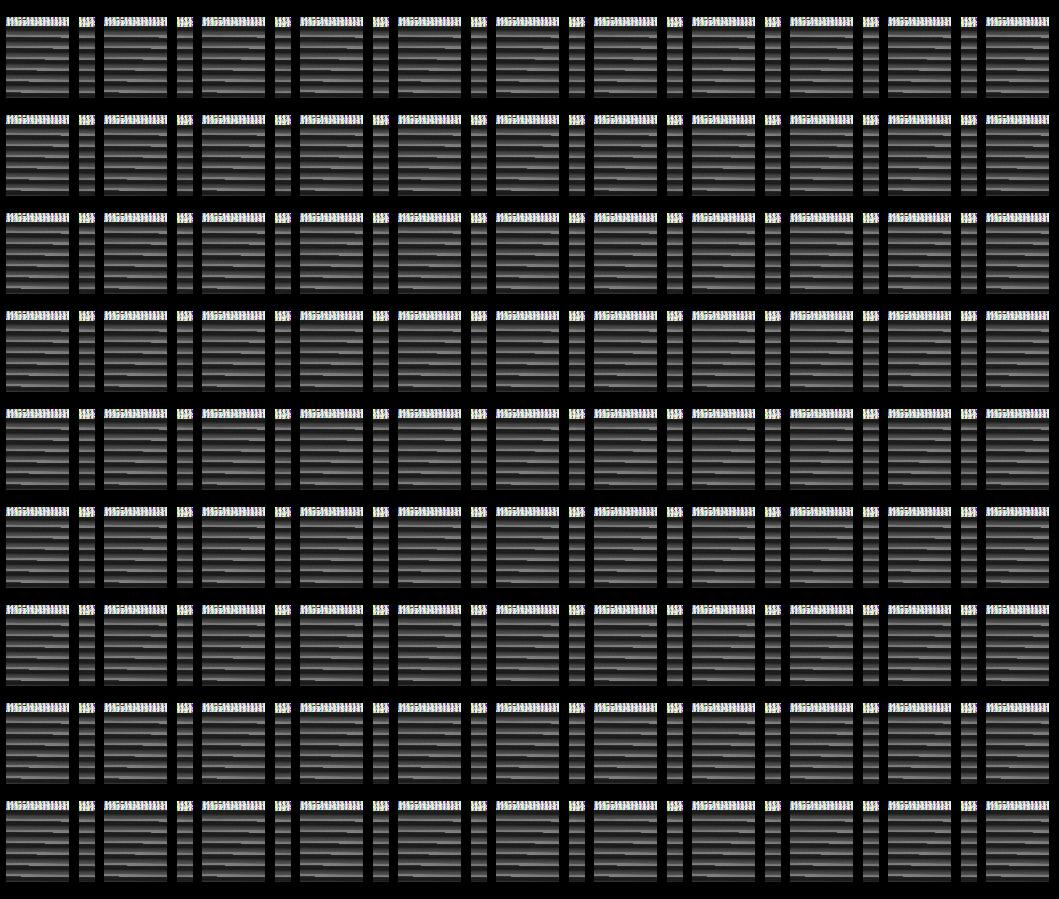
MIT Professor




Formorethanhalfacentury,RichardLarsonhasbeen aguidingforceatMIT,lendinghisexpertise,passion, andforward-lookingvisiontosomeoftheInstitute’s mostimpactfulacademicinitiatives.Now,hisdedicationhas taken on a permanent form with the establishment of a new endowed faculty chair — the Distinguished Professorship in Data, Systems, and Society.This gift, announced by the MITInstituteforData,Systems,andSociety(IDSS),reflects Richard’s enduring belief in the transformative power of interdisciplinary thinking and problem-solving. More than just a financial endowment, the professorship is a gesture of intellectual continuity, aiming to empower future faculty leaderswhooperateattheconvergenceofdata,systems,and societalimpact.
The inaugural holder of this prestigious professorship is Sasha Rakhlin, an acclaimed scholar and professor at IDSS and the Department of Brain and Cognitive Sciences. Rakhlin’sresearchspansmachinelearning,onlineprediction, andstatisticaltheory—areasthatpreciselyembodytheethos of the IDSS By supporting Rakhlin and future faculty members, Richard’s gift ensures that MIT remains a fertile ground for interdisciplinary discovery, innovation, and mentorship. This endowed chair not only commemorates Richard’s multifaceted career at MIT but also projects his valuesintotheInstitute’sfuture.
Richard, who has been affectionately called an “MIT lifer,” sees this professorship as an extension of his own academic journey Having served in five different MIT departments over the decades, he found a lasting intellectual home in IDSS,anentitythatharmoniouslyalignswithhisinterestsin operations research, public systems, education, and policy. With this gift, Richard aims to preserve and propagate the interdepartmental and interdisciplinary approach that has definedhiscareerandcharacter
HonoringaMulti-DisciplinaryAcademicJourney
The creation of the Distinguished Professorship in Data, Systems, and Society is not merely the act of philanthropic giving.AccordingtoRichardLarson,itisanembodimentof theideasandprinciplesthathavedrivenhisacademiclife.As hereflectsonhisdecadesatMIT,Richardacknowledgeshow the Institute not only tolerated but encouraged his several mid-careertransitions—allowinghimtoshifthisacademic focusandexploreemergingdisciplines.Startinginwhatwas then known as Electrical Engineering in the 1960s, Richard evolvedwiththetimesandendedhisformaltenureinIDSS,a program tailor-made for someone whose career has intersectedengineering,publicsystems,operationsresearch, andeducationpolicy
Richardremarksthatthethreewords—data,systems,society — capture the essence of his professional mission.Through his professorship, he hopes these words will continue to energizefuturescholars,inspiringthemtoconductimpactful research, deliver high-quality teaching, and engage meaningfully with society’s pressing challenges. Whether working on queueing theory or disaster planning, modeling energyconsumptionordevelopingonlinelearningplatforms, Richard has consistently applied a systems-thinking lens to real-world problems. This legacy is now institutionalized through a professorship that encourages the same kind of integrativeacademicpursuit.
In keeping with his lifelong devotion to applied knowledge and education, Richard’s most recent book, Model Thinking for Everyday Life, bridges theory and practice by demonstrating how models can help people make smarter decisionsindailycontexts.Hisotherinfluentialprojects,like MIT BLOSSOMS (Blended Learning Open Source Science or Math Studies), reflect his unyielding commitment to spreading STEM education globally. The endowed professorship thus adds a new chapter to his story — one where the next generation can build upon his values and contributions.

“With the establishment of the Distinguished Professorship in Data, Systems, and Society, Richard Larson has not only marked the end of an extraordinary academic career but also set the stage for a new generation of interdisciplinary thinkers.”




SupportingFutureGenerationsofThinkersandLeaders
Appointed as the first holder of the newly created chair, Professor Sasha Rakhlin exemplifies the kind of scholar Richard hoped to support.Aleader in machine learning and computational statistics, Rakhlin has pioneered tools for online prediction — a method of sequential learning with implications for real-time decision-making and adaptive systems. His research, grounded in theory yet resonant with practical applications, is precisely the kind of work that thrivesinIDSS’sinterdisciplinaryecosystem.
Fotini Christia, Director of IDSS and the Ford International Professor of Political Science, sees Richard’s gift as both a tribute and a beacon. Richard has been making an impact at MITforoverhalfacentury,”shenotes.“Thisgiftextendshis already considerable legacy and ensures his impact will continuetobefeltformanyyearstocome.”Christia’swords underline the profound influence Richard has had, not just throughhisscholarshipbutthroughhisvisionforinstitutional excellenceandrenewal.
The significance of the professorship also extends beyond IDSS. Michale Fee, head of the Department of Brain and Cognitive Sciences, praised Rakhlin’s work for bridging disciplines and uniting diverse areas of inquiry. “Sasha’s analysis of neural network complexity, and his work developing tools for online prediction, are perfect examples ofresearchwhichbuildsbridgesacrossdisciplines,”hesaid. Suchcross-pollinationiscentraltobothIDSSandRichard’s academic philosophy. Rakhlin, in accepting the honor, expressed gratitude and humility: “Professor Richard’s commitment to education and service to MIT both serve as modelstofollow,”hesaid.
Data,Systems,Society:MoreThanJustWords
ToRichard, data, systems, and society isnotjustthenameof aninstitute—it'saphilosophyofacademicpurpose.Hisown contributionstourbanservicesystems,includingemergency response modeling, pandemic planning, and workforce logistics, serve as foundational examples of this approach. From designing smarter cities to transforming how students learn globally, his work embodies a dedication to societal bettermentviasystemicthinking.
Thisnewprofessorshipensuresthattheseideasremainfront and center at MIT By funding a senior faculty position in IDSS,Richardisinvestingnotonlyinacademictalentbutin thecontinuationofinterdisciplinarydialoguethatisessential in today’s complex, data-rich world. At a time when the boundariesbetweendisciplinesareincreasinglyblurred,this chair stands as a symbol of convergence uniting engineering,policy,computation,andsocialscience.
Richard’s endowment also reflects a broader trend in higher education where faculty support is critical for attracting and retaining top academic talent. Such endowed chairs are key mechanismsthroughwhichuniversitiessustainexcellencein research, teaching, and service. By tying this gift to the principles that shaped his own career, Richard is providing MIT with both the resources and the roadmap to navigate futurechallenges.
ALegacyofMentorshipandImpact
Throughout his tenure, Richard has served as a mentor to countlessstudentsandfacultymembers.Hiscareerismarked notonlybyintellectualachievementsbutbytherelationships hehascultivatedandthecommunitieshehasbuilt.Hisgiftis anextensionofthismentoringspirit—awayofcontinuingto guidetheInstituteevenafterformalretirement.

“Richard remarks that the three words — data, systems, society — capture the essence of his professional mission. Through his professorship, he hopes these words will continue to energize future scholars, inspiring them to conduct impactful research, deliver high-quality teaching, and engage meaningfully with society’s pressing challenges.”
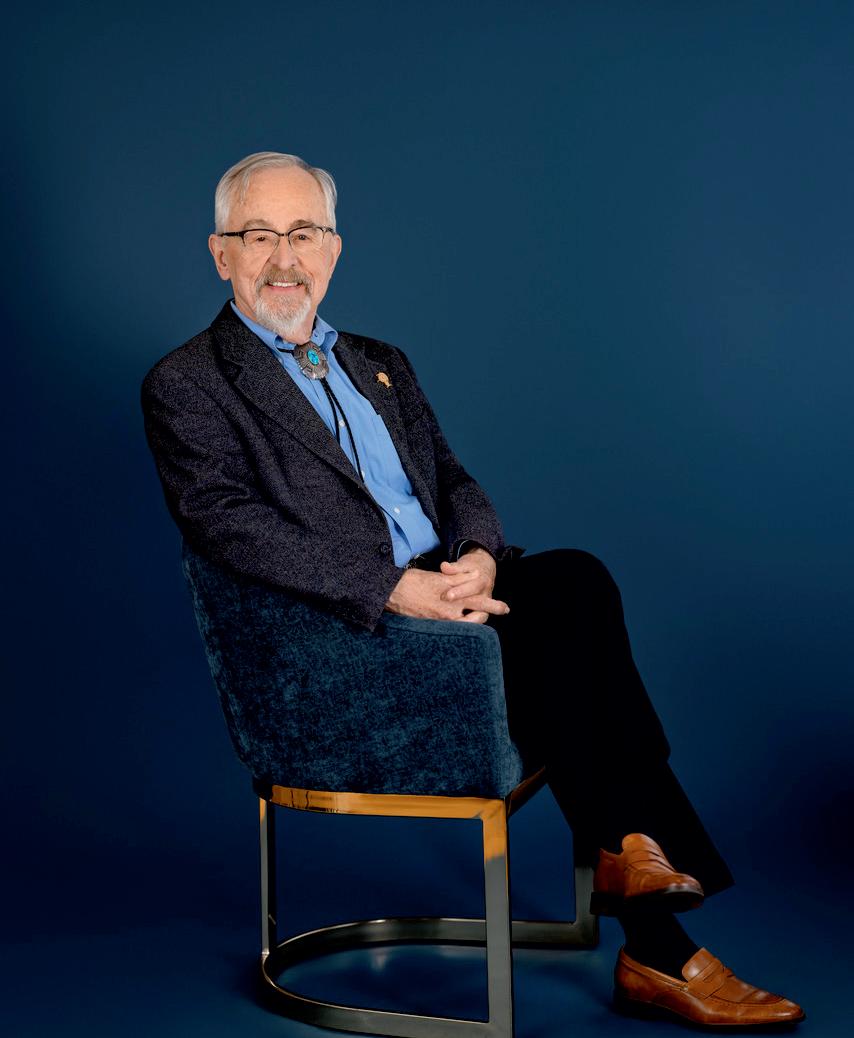


“Richard has served as a mentor to countless students and faculty members. His career is marked not only by intellectual achievements but by the relationships he has cultivated and the communities he has built.”
Thiscommitmentisnotlimitedtoacademiccircles.Richard’s outreachthroughinitiativeslikeMITBLOSSOMSshowshis beliefthathigh-qualityeducationshouldnotbetheprivilege of a few but the right of all. His involvement in educational innovation,combinedwithhissystemsthinkinginpolicyand planning,reflectsarareblendofvisionandpragmatism.
By endowing a professorship, Richard is not only honoring his journey but also enabling others to forge their own. His hopeisthattheprofessorswhoholdthischairwillchallenge assumptions, inspire students, and contribute solutions that matter—justashehasdonethroughouthistimeatMIT
SustainingtheInterdisciplinaryMission
The selection of Sasha Rakhlin as the first recipient of the DistinguishedProfessorshipinData,Systems,andSocietyis a fitting tribute to Richard’s ideals. Rakhlin’s pioneering researchinmachinelearningandhiscommitmenttoteaching andcollaborationrepresenttheveryfutureRichardenvisions. It’s a future where the convergence of data science, systems theory, and societal application isn’t just encouraged — it’s expected.
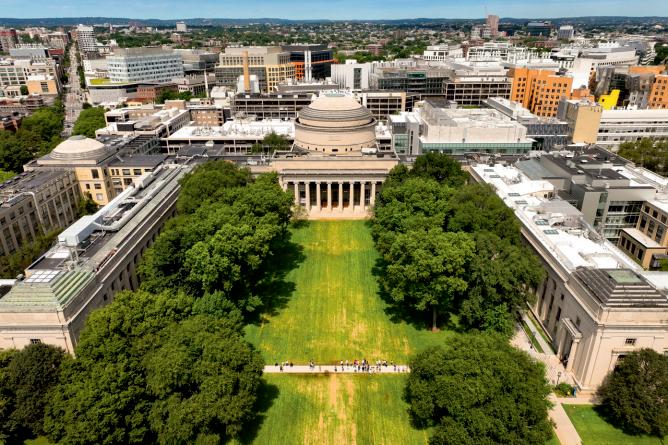
This professorship formalizes what Richard has always believed:thatthebestacademicenvironmentsarethosethat allow for intellectual evolution, cross-departmental collaboration, and a commitment to real-world impact. The interdisciplinarynatureofIDSSisnoaccident;itis,inmany ways,theculminationofRichard’sacademicphilosophy.
MIT, through this gift, receives not just a monetary contributionbutalivinglegacy—apermanentreminderthat academic growth and social responsibility are not mutually exclusive.RichardLarson’svisionnowhasatangiblevessel tocarryitforward.
AChairfortheFuture
WiththeestablishmentoftheDistinguishedProfessorshipin Data, Systems, and Society, Richard Larson has not only markedtheendofanextraordinaryacademiccareerbutalso setthestageforanewgenerationofinterdisciplinarythinkers. His gift embodies the values of innovation, education, and societal impact — principles that have defined his legacy at MITandbeyond.
As MITcontinues to push the boundaries of what’s possible through data-driven research, systems engineering, and societal understanding, Richard’s endowment ensures that those efforts will be supported, nurtured, and elevated. The professorship is more than a title; it is a call to action — a challengetofuturescholarstothinkbroadly,actethically,and solveproblemsthatmatter.
Richard Larson has always believed that ideas should serve people.Throughthisgift,thatbeliefwillechothroughMIT’s hallsforgenerationstocome.
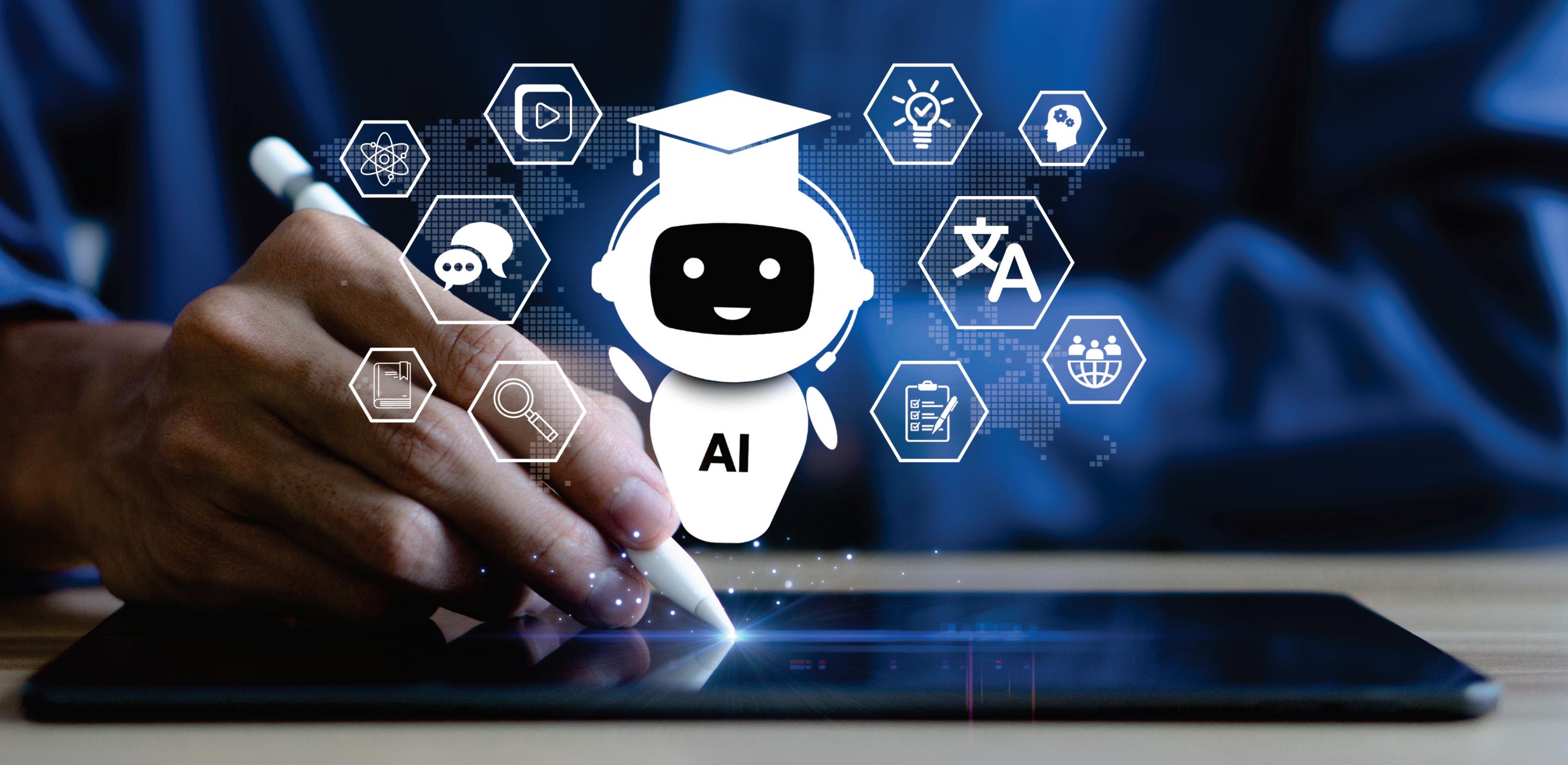

The landscape of education is undergoing a profound transformation driven by technological advancements and changing learning needs. Traditional methods of instruction are being supplemented and, in some cases, replaced by innovative digital learning systems that offer new ways to access information, engage withcontent,andcollaborateacrossdistances.Thesesystems aredesignedtomeetthedemandsofarapidlyevolvingworld where flexibility, personalization, and skill development are essential.As educators and learners alike adapt to this shift, digital tools are playing a pivotal role in creating more effective,inclusive,andfuture-readylearningenvironments. This article explores how these systems are shaping modern education, the benefits they bring, and the challenges that
Strengthening Students

mustbeaddressedtoensureequitableaccessandsustainable growth.
TransformingEducationthroughTechnology
Digital learning systems have become a cornerstone of modern education, reshaping how knowledge is delivered, accessed,andabsorbed.Aseducationalinstitutionsacrossthe globefacechallengessuchasincreasedstudentpopulations, diverselearningneeds,andgeographicalbarriers,technology offers scalable and adaptable solutions. These systems integrate artificial intelligence, cloud computing, data analytics, and multimedia tools to create immersive and personalized learning environments that support both
students and educators.Theshift toward digital education is not merely a response to contemporary challenges but a strategic investment in fostering lifelong learning and equippinglearnerswithskillsrelevanttothedigitalage.
The transformation extends beyond merely replacing traditional textbooks with digital content Learning management systems, virtual classrooms, and interactive platforms now offer tailored learning experiences based on students’performance,learningpace,andpreferences.These platforms enable educators to track progress in real-time, identifyareaswherestudentsrequireadditionalsupport,and offer customized interventions. By leveraging technology, education is becoming more inclusive, engaging, and effective, allowing students from diverse backgrounds to thriveinenvironmentsthatwerepreviouslyinaccessible.
PersonalizationandEngagementinDigitalLearning
Oneofthemostsignificantadvancementsindigitaleducation istheemphasisonpersonalization.Adaptivelearningsystems analyzeastudent’sinteractions,responses,andperformance to create individualized learning pathways. This approach ensures that learners are neither overwhelmed nor underchallenged, promoting optimal learning outcomes. For instance, artificial intelligence algorithms can recommend supplementary resources or adjust the difficulty level of content to better suit a student’s learning curve.As a result, learnersfeelempoweredtotakeownershipoftheireducation, improvingmotivationandreducingdropoutrates.
In addition to personalization, digital learning platforms focusonenhancingengagement.Gamificationelementssuch asbadges,leaderboards,andinteractivequizzesturnlearning into a more enjoyable experience. Augmented reality (AR) andvirtualreality(VR)toolsprovideimmersivesimulations that make abstract concepts easier to understand Furthermore, collaboration tools integrated into digital systems encourage peer-to-peer interaction, allowing students to work together on projects regardless of location. By blending technology with pedagogical strategies, digital learning systems create environments that are dynamic and supportive,encouragingstudentstoexplore,experiment,and excel.
ChallengesandtheWayForward
Despite the many advantages, implementing innovative digitallearningsystemscomeswithitsownsetofchallenges. Digital divides remain a significant barrier, with students in rural or underprivileged areas lacking access to reliable
internet connectivity, devices, or digital literacy. This gap often exacerbates existing educational inequalities, undermining the promise of technology-driven learning Moreover, concerns around data privacy and security have become increasingly prominent as platforms collect and analyze vast amounts of student data to enhance learning experiences.
To address these challenges, governments, educational institutions, and private organizations must collaborate to createequitableaccesstotechnologyandtraining.Initiatives aimedatprovidingaffordabledevices,improvingbroadband infrastructure, and offering digital literacy programs are essential to ensuring that all students benefit from digital learning systems Furthermore, robust data protection policiesandethicalguidelinesmustbeenforcedtosafeguard students’ privacy and build trust. Investing in research and development will also ensure that future learning platforms aremoreaccessible,secure,andeffective.Bytakingaholistic approach, stakeholders can ensure that digital learning systems become a sustainable and empowering tool for educationinthe21stcentury
Conclusion
Innovative digital learning systems are redefining the landscape of modern education by making learning more accessible, personalized, and engaging Through the integration of advanced technologies like artificial intelligence, cloud computing, and immersive tools, these systems address diverse learning needs and help students achievebetteroutcomes.However,thefullpotentialofdigital education can only be realized when challenges such as unequal access, data privacy concerns, and infrastructure gapsaresystematicallyaddressed.Byfosteringcollaboration among governments, institutions, and technology providers, educationcanbetransformedintoaninclusiveandforwardlookingecosystem.Asdigitallearningcontinuestoevolve,it holds the promise of preparing learners not only to succeed academicallybutalsotothriveinanincreasinglycomplexand interconnectedworld.
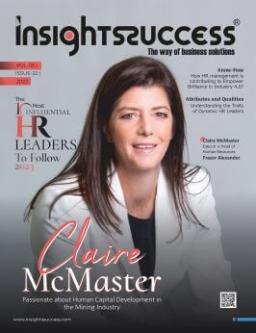
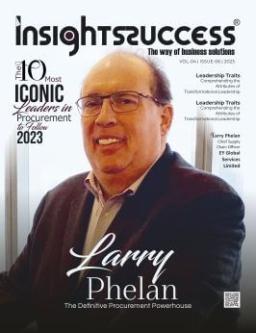
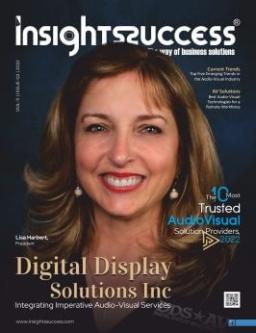
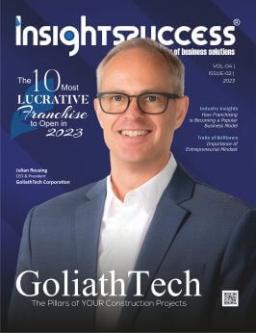
www.insightssuccessmagazine.com
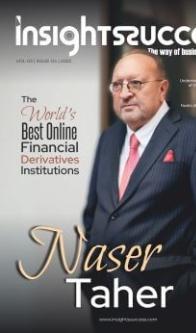

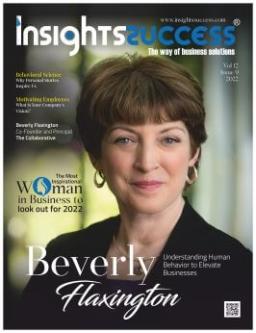
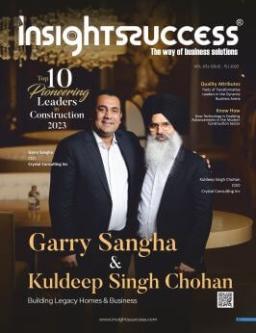
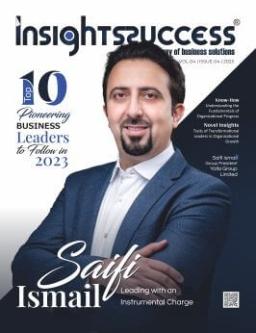
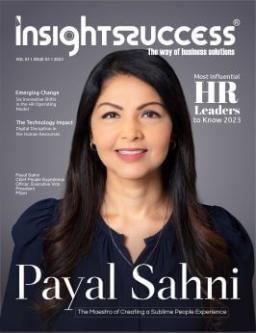
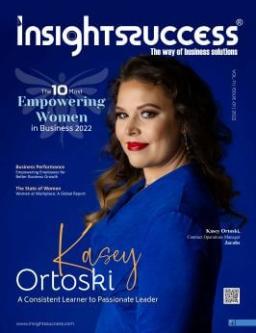

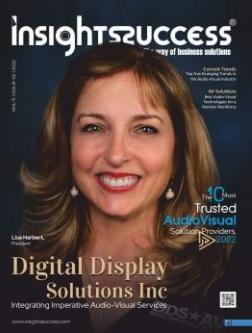
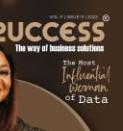

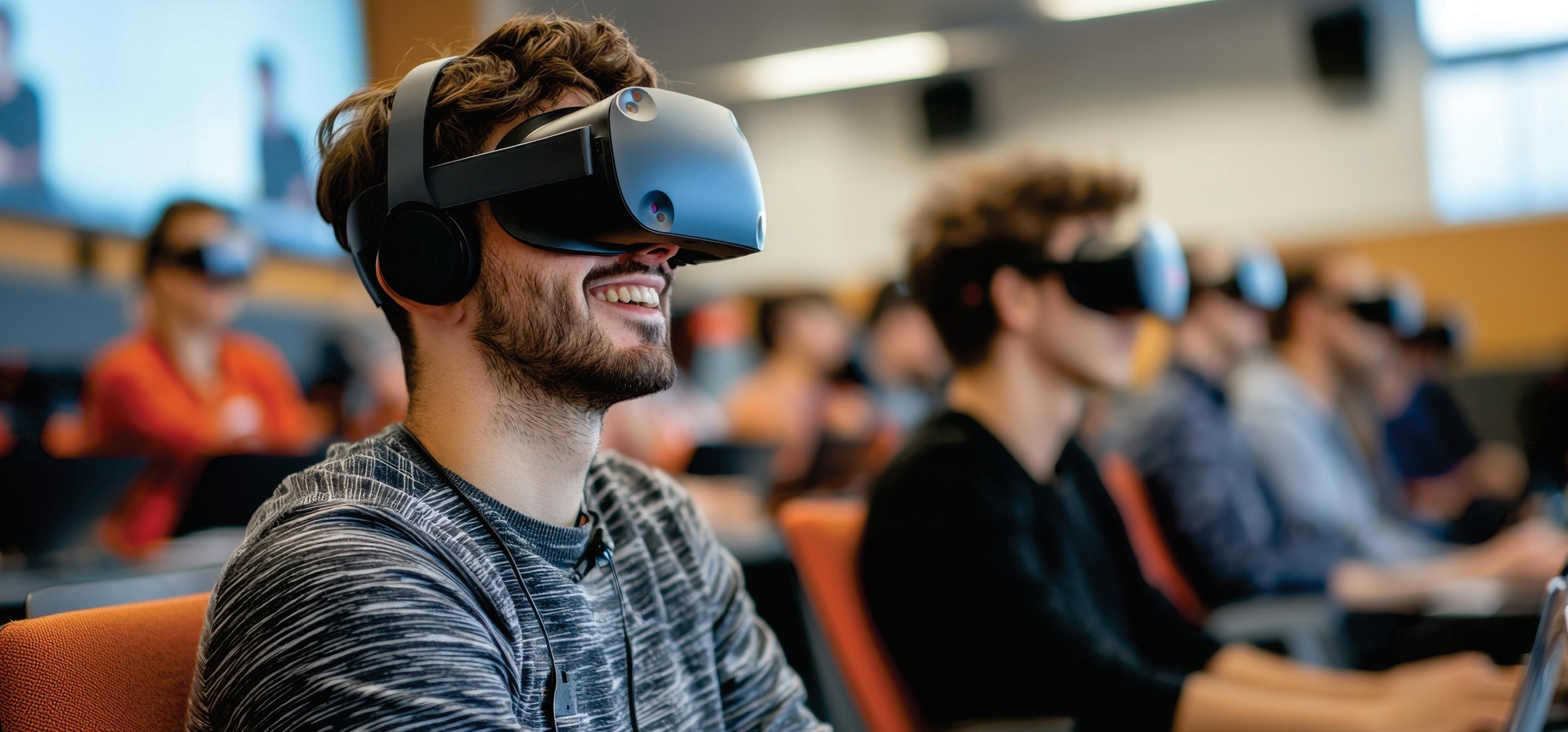
PIONEERING

Inanerabeingreshapedbydigitaldisruption,theusageof Educational Technology (EdTech) has been at the forefront when it comes to being a platform through which the delivery, accessibility, and learning experience of educationarebeingoverturnedintheirveryessence.Thiswas the age of intense classroom settings; the new learning settingsofthenewagearenowfirmlydefinedbytheeffortless meshingoftechnologythatassisttheteacherandinvigorates the student in a meaningful manner From the elementary schools to the colleges and universities, the use of EdTech toolsisnofad—it'sasensibleimperativetomeetthechanging requirements of 21st-century learners The potential of EdTech is so much higher than merely digitizing content or substitutingtabletsfortextbooks.
This article outlines how cutting-edge EdTech solutions are transforming the classroom of today, equipping teachers and
Technology Adoption

learners, and creating a more sustainable and equitable educationtomorrow
RevolutionizingClassroomLearningwithInnovation
Adoption of Education Technology (EdTech) in the classroom of today is revolutionizing the traditional school layoutandadoptingamoreinteractive,dynamic,andstudentlearning focused space. With the age of digital evolution at schools' doors at light speed, schools are adopting newer technologies for enhancing how teaching is performed and fulfillingrisingdemandsfordifferentialandadaptivelearning experiences.Thisisduetothefactthattoday'sstudentsneed more than just memory-based rote learning—students need learningcriticalthinking,teamwork,creativity,andcomputer literacy to thrive in the global arena. One of the most spectacular success stories of EdTech is how it delivers
personalized learning pathways that are customized accordingtothespecificneedsofeveryindividualstudent.
Unlike the classical pedagogy that used the principle of single-size-fits-all, emerging learning systems use data analytics and continuous testing to identify gaps in knowledge and accordingly modify content. Individualized support is provided to students, and they acquire learning at their own pace. Learning management software, learning softwarewithgameelements,andinteractivewhiteboardsare integrated into the learning environment, synchronous and asynchronouscapabilities.Thesesystemsallowinstructorsto deliver content in various modalities, accommodate more than one means of learning, and engage more emphatically withlearners.
EnablingEducatorsandLearnerswithNewTechnologies
Thespeeding-upofdevelopmentofnewtechnologiessuchas artificial intelligence, machine learning, and virtual/ augmented reality are also freeing EdTech potential. They shouldnotsubstituteteachersbutsupportthembyfreeingup timeforduplicatedwork,enablingenhancedinstruction,and enabling greater individualization.AI-driven tutor software, forexample,canmimicone-to-oneinstructionbyexamining thepupils'responsesandofferingpersonalizedfeedback.This form of individualization is especially useful to fast-track studentsorstudentsrequiringadditionalsupport.Speechand naturallanguageprocessingtechnologyarealsobeingusedin languageandliteracyacquisitiontogreateffect.
This kind of program can compare writing, reading, and speechatthesametimeandofferconstructivefeedbackthat enables learners to keep on improving. In science and mathematics, computer simulation software for problemsolvingguidesstudentsthroughtheoreticalideasbybreaking them down into concrete steps, making abstract ideas concrete, and simplifying them to make them easy to grasp. And yet, another revolutionary aspect of modern EdTech is thatitincorporatesvirtualreality(VR)andaugmentedreality (AR)inreal-timelearning.
BuildinganEquitableandBalancedEdTechFuture
WiththedevelopmentofEdTech,technologyshouldbeused so that technology reaches all human beings regardless of whetherheorsheispoororwealthy,abledordisabled.Either one of these products imposing a diverse, inclusive, and balanced classroom punishments. This is done through the developmentofdigitalmaterialsconsumedthroughtheuseof assistive technology, supporting a variety of languages, and
being accessible on a variety of devices. Off-line support is primarily essential for students residing in regions where internetaccessisweakenoughsotheycontinuelearningeven whenitisunavailable.
Closing the digital divide will require collaborative effort from policymakers,instructors, and technologyengineersto coordinate. Governments and schools will need to prioritize investment in infrastructure, provide access to low-cost hardware,andmakepoliciesfavoringfairuseoftechnology. Public-private sector collaboration through interagency action has the capacity to propel innovation and keep one's eyes open for design ethics and user-centric development. Such collaborations also play a central role in setting guidelines for data privacy and ensuring that student data is processed with transparency and foresight. Sustainability is anotherkeyconsiderationforsustainedEdTechuse.
Conclusion
The advent of EdTech solutions is revolutionizing the learning process by enhancing the pedagogy and classroom teaching-learning of students and teachers, respectively By leveraging the power of intelligent tools like artificial intelligence,virtualreality,andlearningmodules,schoolsare beingcustomizedtotheuniqueneedsofindividualstudents, madeinteractive,andinclusive.Thesetechnologiesarenotan afterthought but a central part of a redesigned education system better able to prepare students to thrive in the new digital economy But only if all these solutions are to be as closetooptimumasisfeasiblewillstakeholdershavetoadapt to accessibility, sustainability, and continued professional development.
